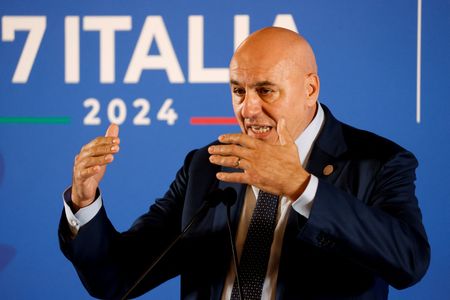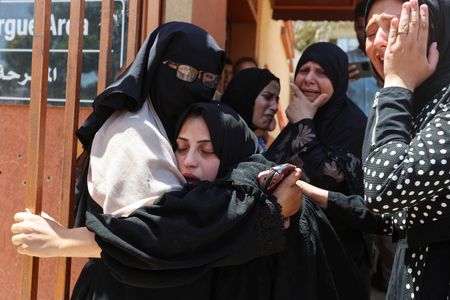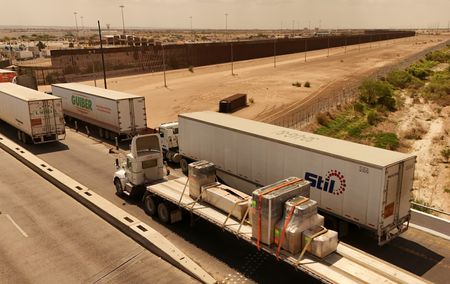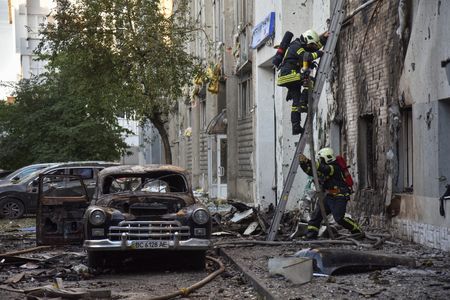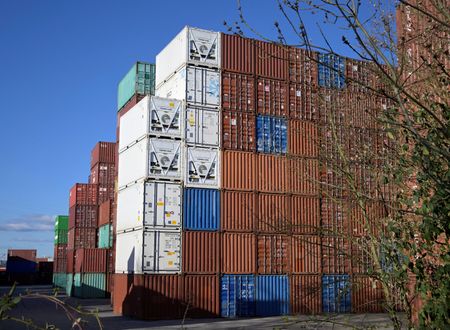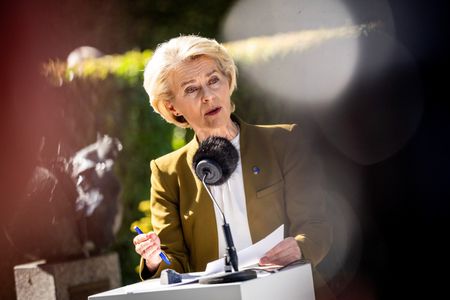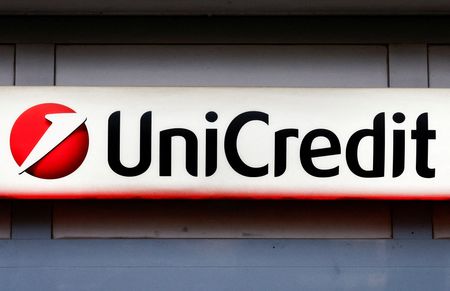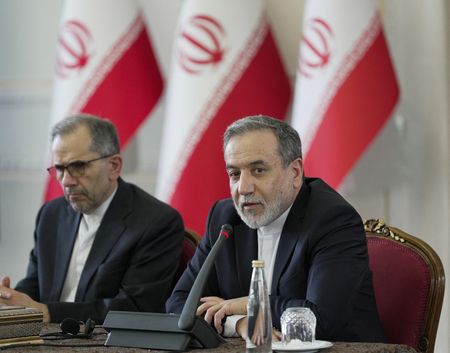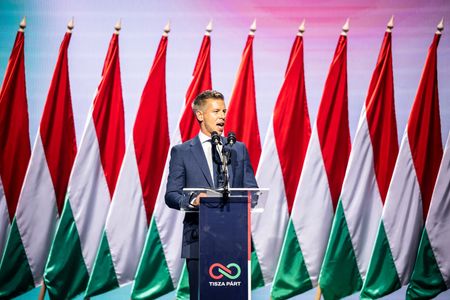By Angelo Amante
ROME (Reuters) -Italy’s defence minister sought on Wednesday to defuse a political row sparked by a report that Italy planned to ask Elon Musk’s Starlink to supply new secure communications services for use by the military.
Guido Crosetto told parliament that Italy had not signed or agreed any contracts with Musk’s SpaceX company, the owner of Starlink, and the defence ministry had not approved any deal.
Musk, who has a warm relationship with Italian Prime Minister Giorgia Meloni, said on Monday he was ready to offer his services as Rome evaluates supply accords with Starlink.
These include the potential use of Starlink’s satellite-based system to provide secure communications between the government, Italian diplomats and defence officials operating in sensitive areas across the Mediterranean.
Reportedly worth 1.5 billion euros ($1.6 billion) and spread over five years, the project has been sharply criticised by opposition parties, which have questioned whether a contract should be handed to a Musk company.
Speaking in parliament, Crosetto denied that any agreement had been reached with Starlink.
“There is … a need to study and evaluate every solution technically capable of providing the aforementioned capabilities,” he said, referring to the need for encrypted communications.
Crosetto added it was possible that a country like Italy could develop proprietary equipment and technology to manage the issue.
Referring to his system, Musk also said on Monday that “other countries in Europe will ask to borrow it” once it was being used by the Italians.
Nicola Fratoianni, an opposition lawmaker from the Greens and Left Alliance, said he was worried by Crosetto’s reply to his question.
“Minister Crosetto overlooked the fundamental question, you can’t entrust national security to a private monopolist,” he said.
The secure services offered by Starlink would be a more immediate solution compared to the EU’s IRIS2 (Iris squared) satellite constellation.
Ferdinando Nelli Feroci, a former Italian ambassador and chairman of the IAI foreign policy think tank, said the issue needed to be handled carefully. He recommended an open public tender process conducted with transparency, and seeking the best possible data protection guarantees.
Nelli Feroci added that while he personally did not favour Musk, if at the end of such a process, with more than one bidder, Musk were to emerge as “the best option in terms of costs and benefits and quality of service, why not?”
(Additional reporting by Alvise ArmelliniWriting by Keith WeirEditing by Frances Kerry)

